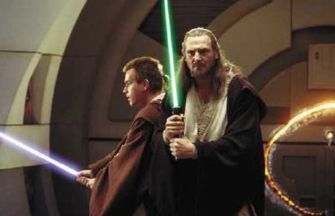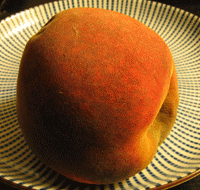A basic part of any democracy is constituted by pluralism. I wonder why on Earth nobody talks about pluralism in Venezuela.
When BBC journalist Sackur interviewed Chávez, the coup monger said Venezuela was the most democratic nation on Earth, even after reacting furiously about Amnesty International and HRW reports on human rights, even after saying the only solution is (his) socialism, even if he has previously said his system will last for centuries. It is a pity neither Sackur nor anyone else wants to ask Chavista honchos how they can justify there is a democracy when they are forcing a socialist system down people's throats, when they reject any form of real-time, public debate (in the original meaning of the word), when they repeatedly say the opposition will never come back to power.
Anyway, here you have an interesting article and video by The Guardian journalist Carroll. He talks about the new enemies of Chavismo.
When BBC journalist Sackur interviewed Chávez, the coup monger said Venezuela was the most democratic nation on Earth, even after reacting furiously about Amnesty International and HRW reports on human rights, even after saying the only solution is (his) socialism, even if he has previously said his system will last for centuries. It is a pity neither Sackur nor anyone else wants to ask Chavista honchos how they can justify there is a democracy when they are forcing a socialist system down people's throats, when they reject any form of real-time, public debate (in the original meaning of the word), when they repeatedly say the opposition will never come back to power.
Anyway, here you have an interesting article and video by The Guardian journalist Carroll. He talks about the new enemies of Chavismo.














